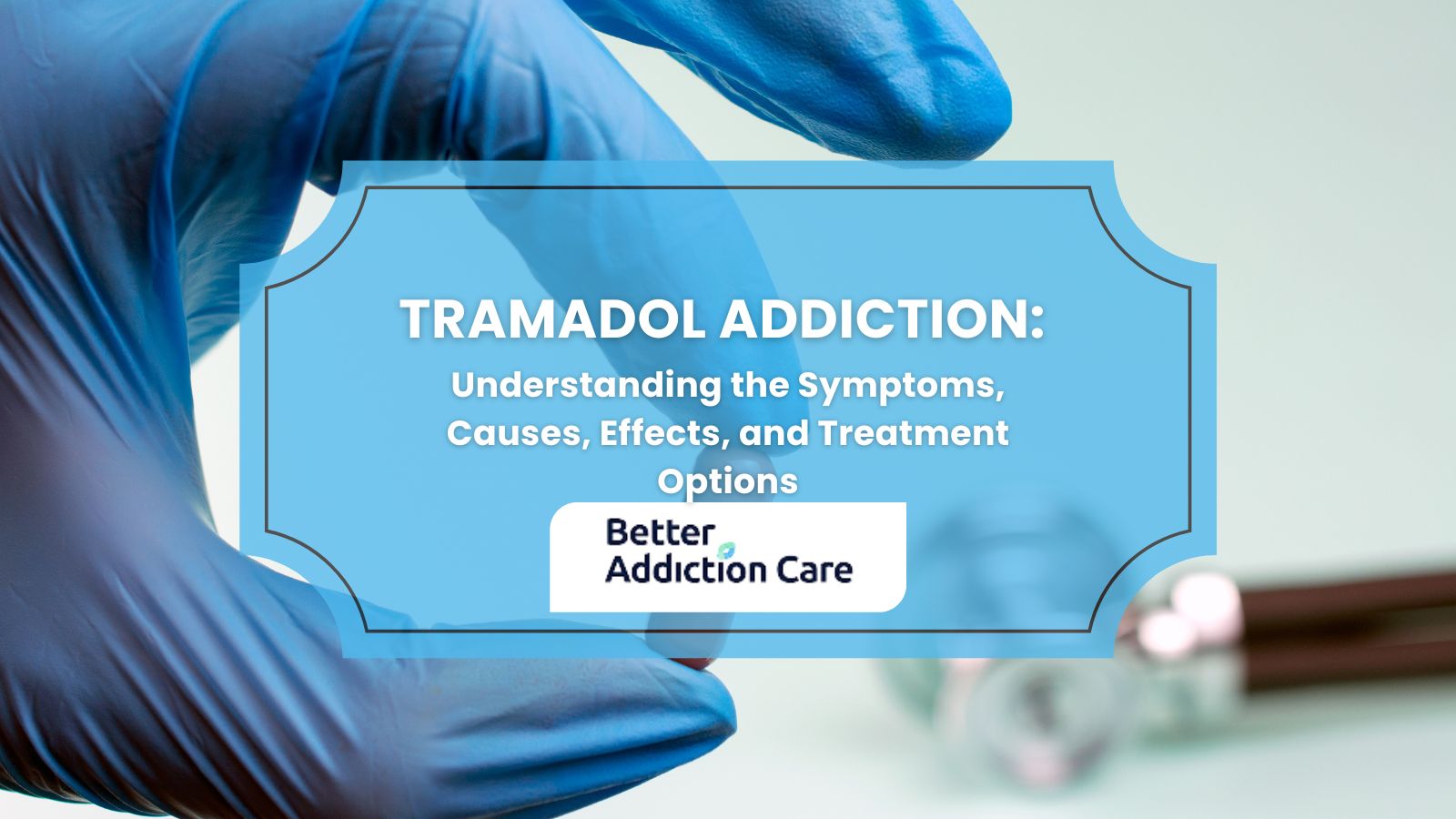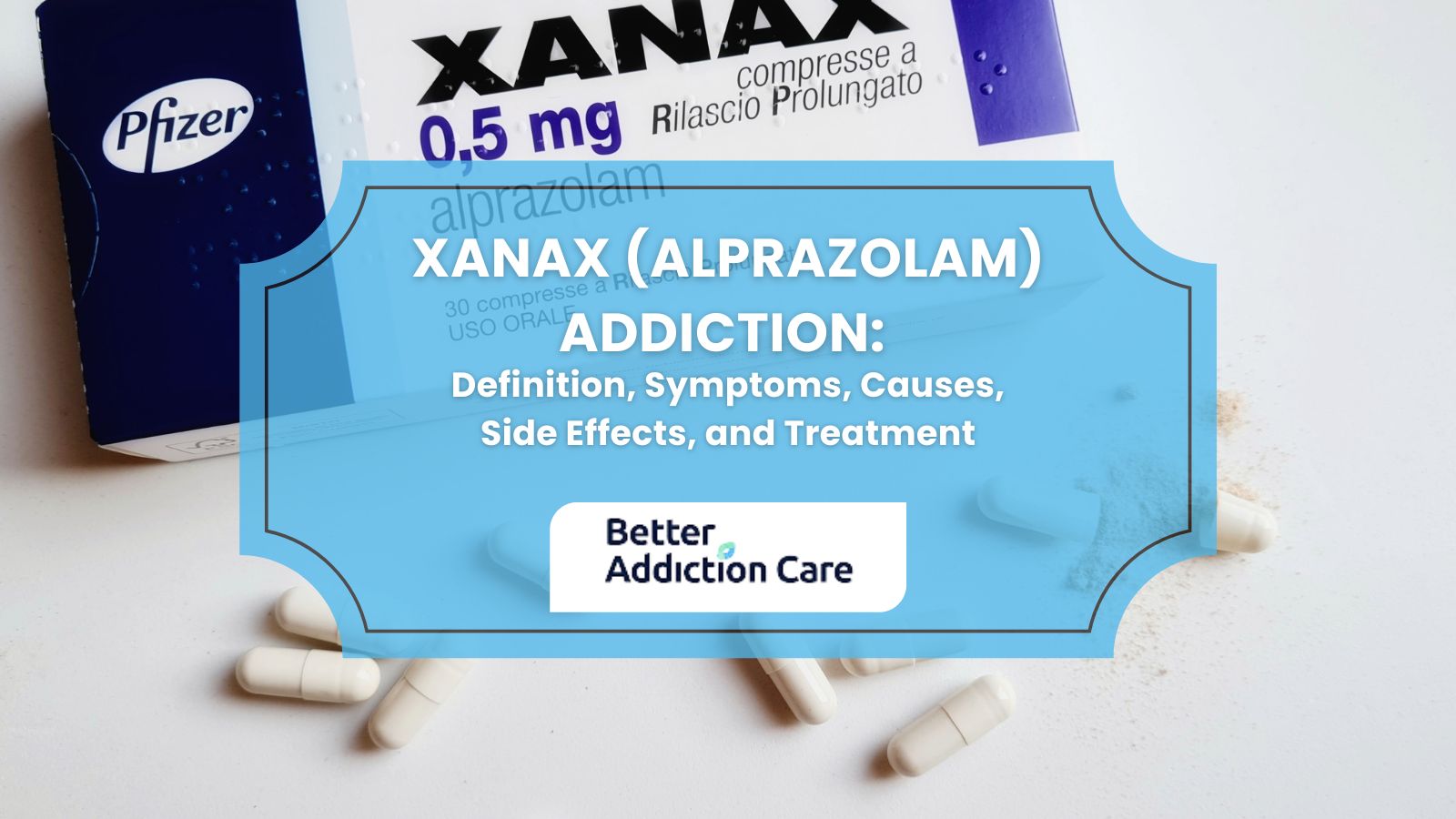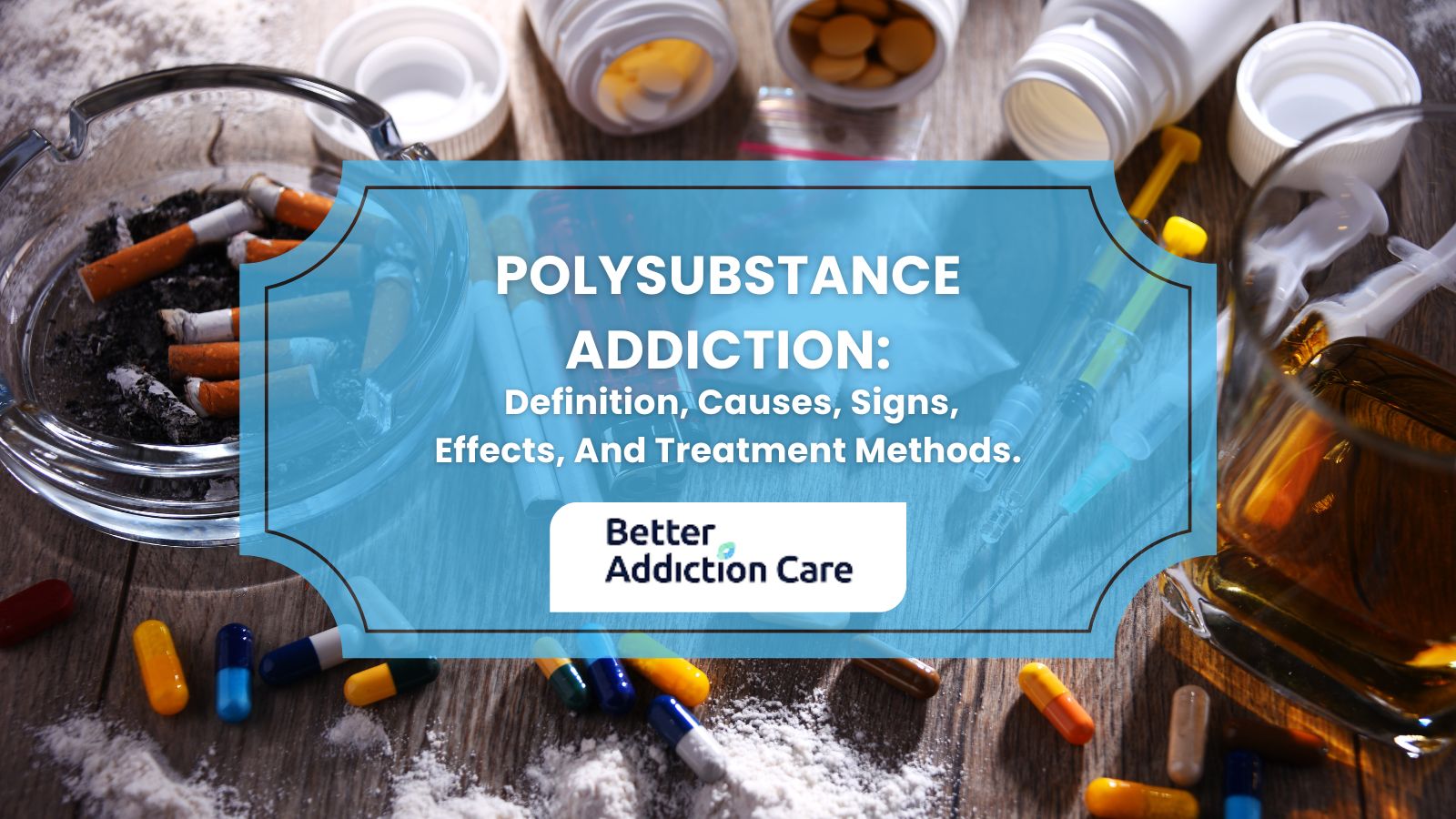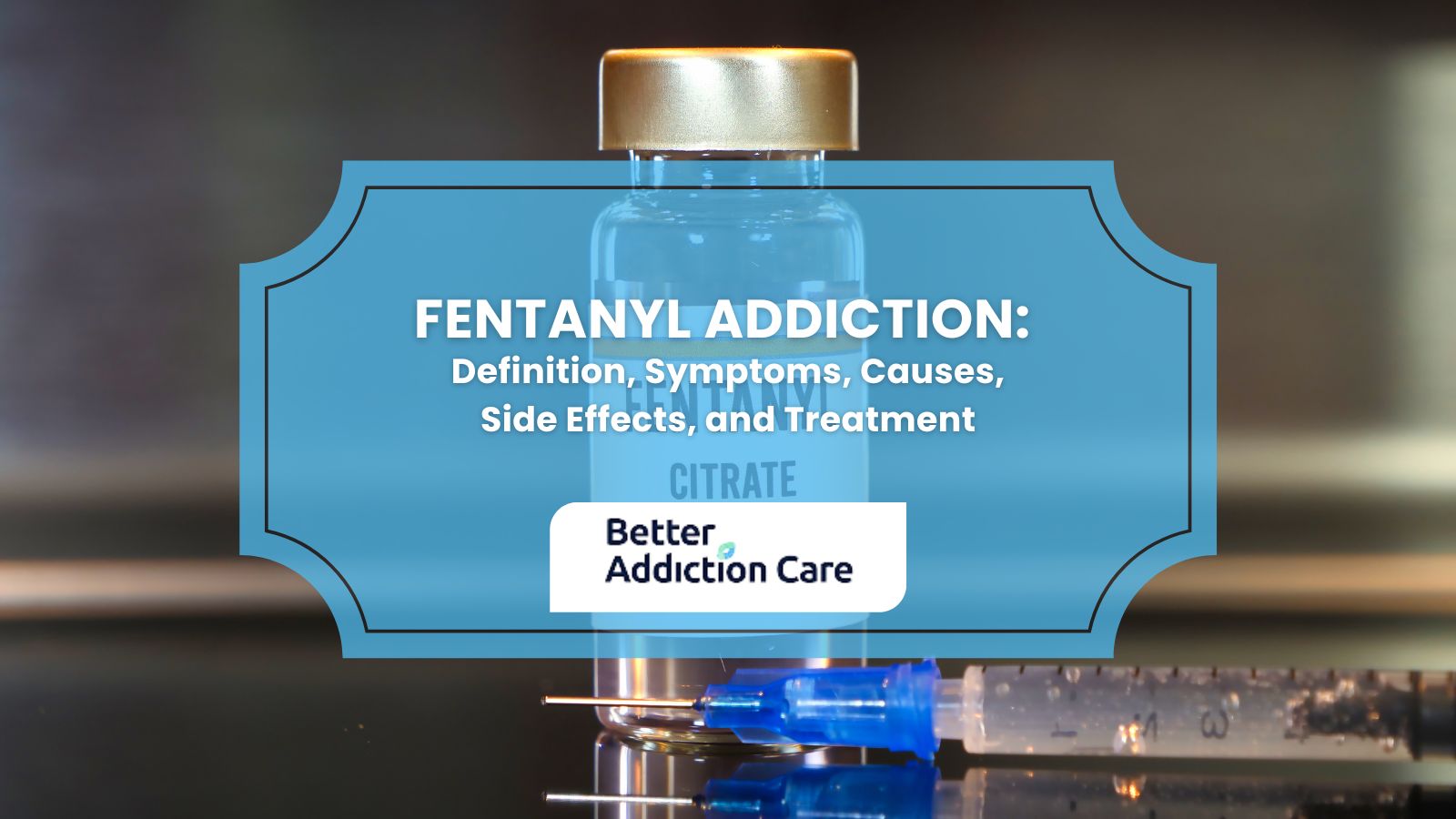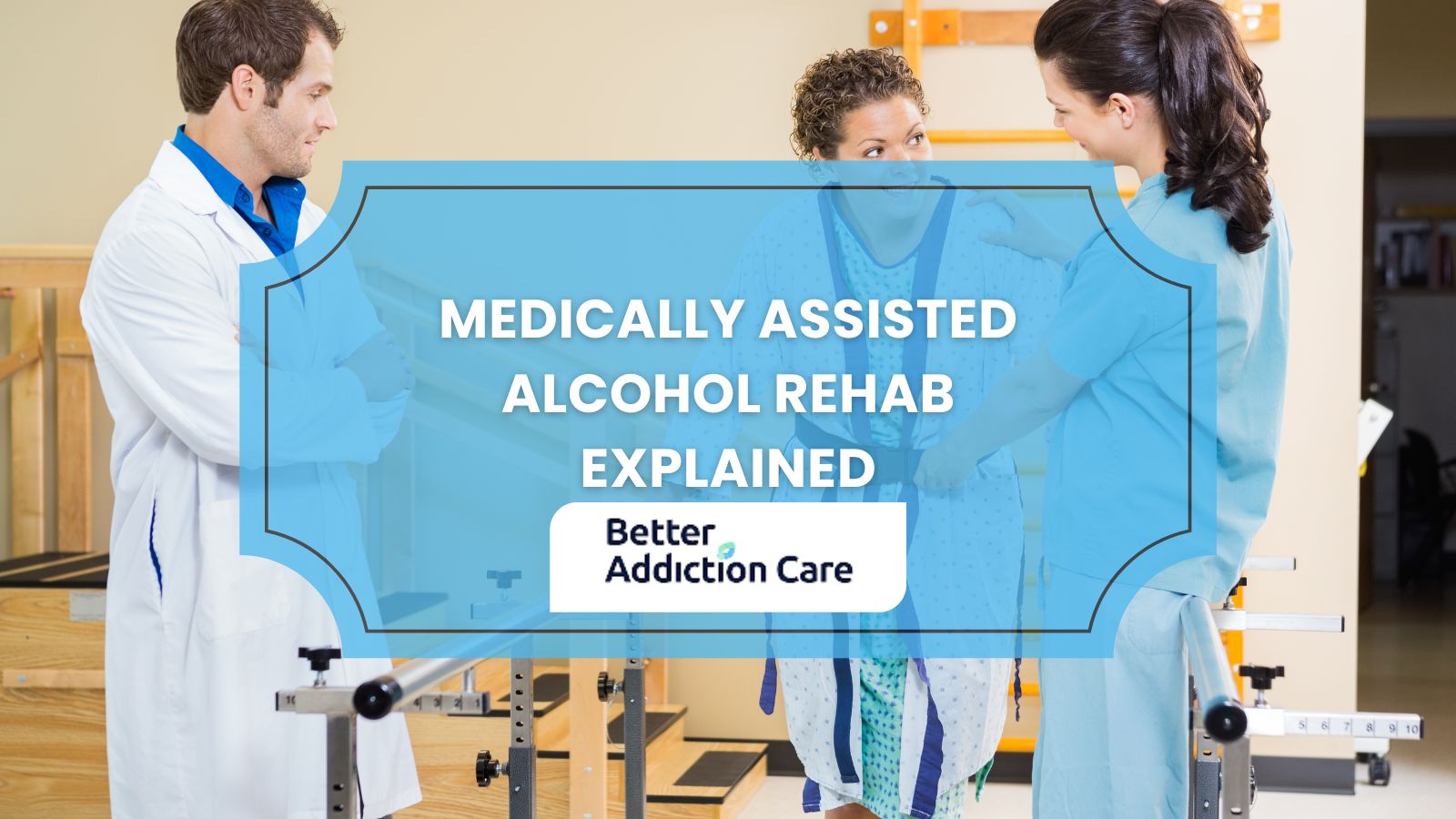Children's Bureau - Carson Family Center

Overview
Children's Bureau - Carson Family Center is a mental health treatment center for people seeking treatment near Los Angeles County. As part of their treatment modalities for recovery, Children's Bureau - Carson Family Center provides family counseling, individual psychotherapy, and cognitive behavioral therapy during treatment. Children's Bureau - Carson Family Center is located in Carson, California, accepting county or local government funds for treatment.
Children's Bureau - Carson Family Center at a Glance
Payment Options
- County or local government funds
- Medicaid
- State-financed health insurance plan other than Medicaid
- State welfare or child and family services funds
- Cash or self-payment
Assessments
- Comprehensive mental health assessment
Age Groups
- Children/adolescents
Operation
- Private for-profit organization
Highlights About Children's Bureau - Carson Family Center
6.65/10
With an overall rating of 6.65/10, this facility has following balanced range of services. Alcohol Rehabilitation: 8.00/10, Drug Rehab and Detox: 6.00/10, Insurance and Payments: 6.00/10, Treatment Options: 6.61/10.-
Alcohol Rehabilitation 8.00
-
Treatment Options 6.61
-
Drug Rehab and Detox 6.00
-
Insurance and Payments 6.00
Treatment At Children's Bureau - Carson Family Center
Treatment Conditions
- Mental health treatment
Care Levels
- Outpatient
Treatment Modalities
- Family counseling
- Individual psychotherapy
- Cognitive Behavioral Therapy
- Group counseling
- Marital/couples counseling
Ancillary Services
Languages
- Spanish
Special Programs
- Children/adolescents with serious emotional disturbance (SED)
- Clients who have experienced trauma
- Persons 18 and older with serious mental illness (SMI)
Contact Information
Read our Most Recent Article About Drug Addiction
DISCLAIMER: The facility name, logo and brand are the property and registered trademarks of Children's Bureau - Carson Family Center, and are being used for identification and informational purposes only. Use of these names, logos and brands shall not imply endorsement. BetterAddictionCare.com is not affiliated with or sponsored by Children's Bureau - Carson Family Center.


